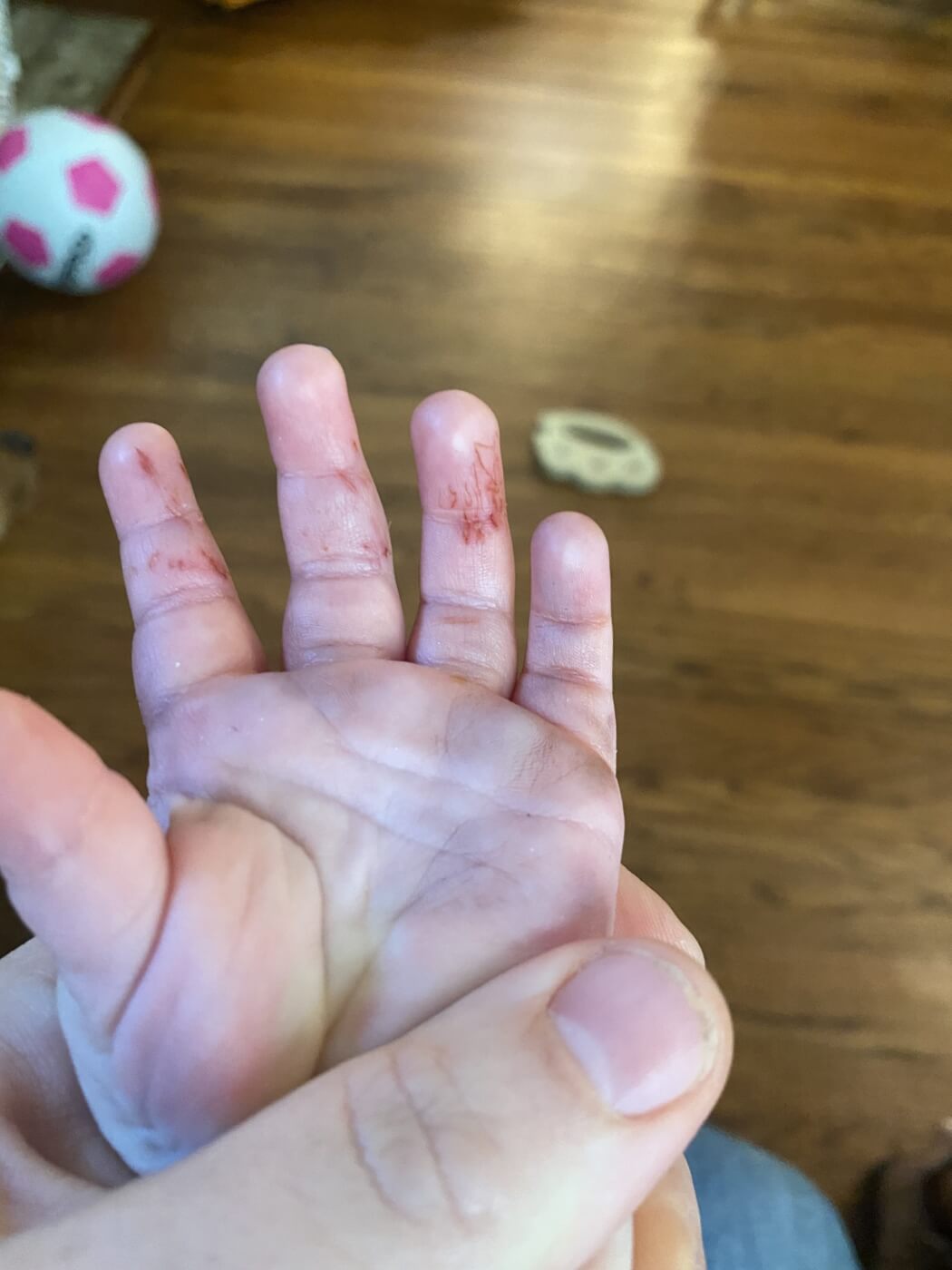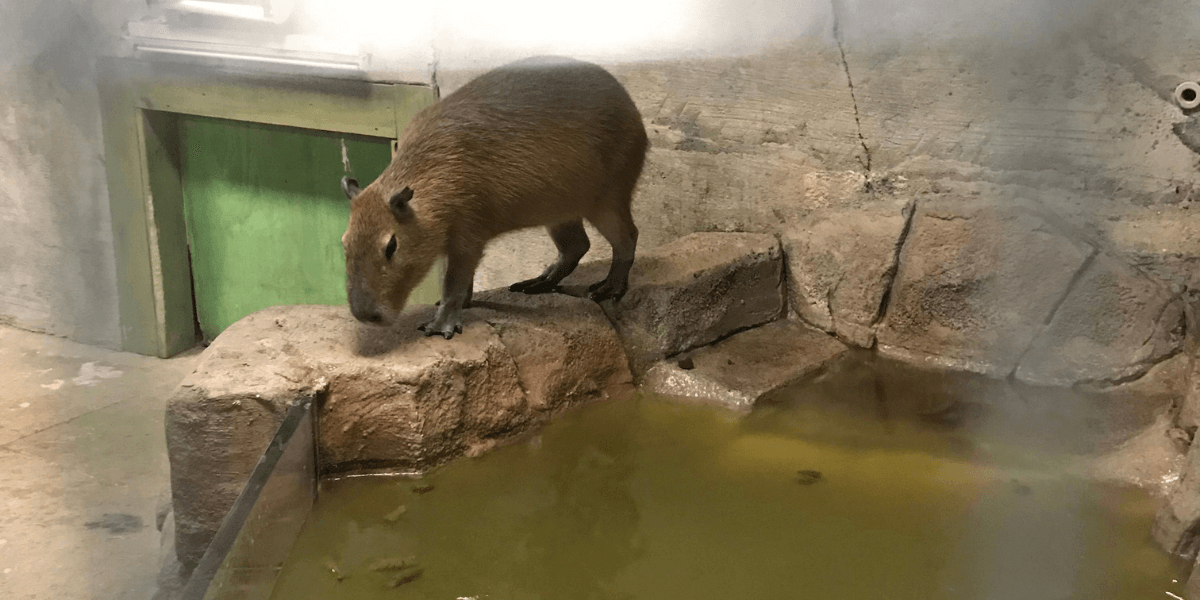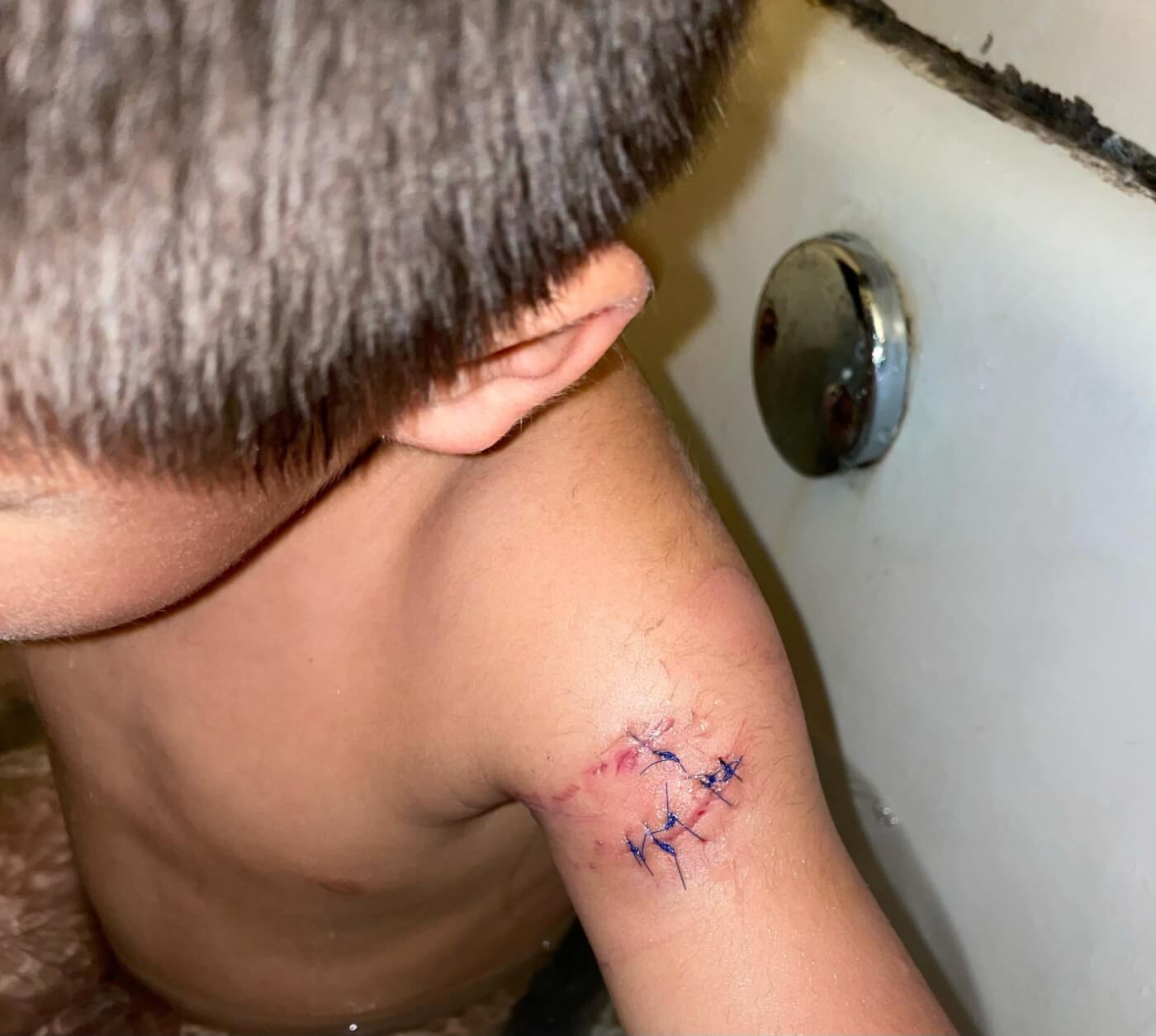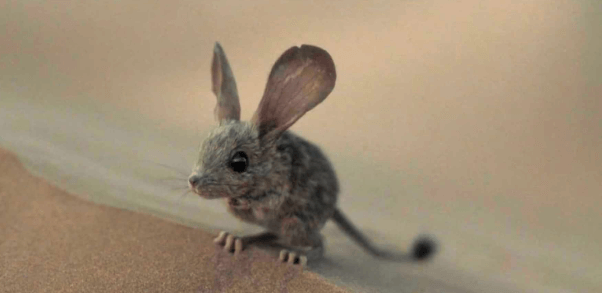SeaQuest is making national headlines amid a series of damning ABC News investigations into its facilities, bringing widespread attention to many issues—animal deaths, legal violations, and injuries to staff and the public—that PETA has been covering and working to end for years.
The Nightmare Laid Bare by Former Employees and Disturbed Visitors
One former employee said that her experience working at SeaQuest was “nothing short of traumatizing.”
“I still have nightmares about the things that I saw there,” she said. She recounted one particularly horrific incident in which she found a bird who was trapped in a wall, and after asking a manager to have someone release the bird, he allegedly told her to “leave it to die”—a telling testament to SeaQuest’s apparent indifference to the suffering of living, feeling animals.
I listened to that bird die for four days. I listened to [them] call for help for four days until [they] didn’t make any noises anymore.”
One woman, whose young daughter was reportedly bitten by a grouper at a SeaQuest facility, said that she was shocked at employees’ response to the child’s injury.
The way that the staff reacted was really shocking. It kind of seemed like it was no big deal to them.”
New Reports Confirm What PETA’s Been Saying
PETA has been raising alarm bells about SeaQuest facilities since they first opened. We have submitted numerous reports to federal, state, and local officials over the decrepit conditions at SeaQuest facilities, animal deaths, and the numerous injuries to staff and guests, including many young children.

The mother of an infant told PETA that her child had been bitten at SeaQuest Fort Worth, leaving bloody scrapes across three of her fingers.
Here Are Just Some of the Incidents PETA Has Spoken Out About
- At SeaQuest Littleton, a wallaby named Ben drowned in a tank; a sloth named Flash was severely burned by a heat lamp twice; a patron kicked and stomped on birds in the interactive aviary, killing five of them and injuring others; a pufferfish bit an 8-year-old child; a Burmese python named Barbosa struck and latched onto the hand of an employee; and a Savannah cat bit a guest during a public interaction, resulting in a wound that broke the skin.
- At SeaQuest Fort Worth, a 3-year-old toddler sustained gaping wounds when an iguana “jumped from a rock and latched [onto] his arm”; an otter named Xander injured multiple visitors, including a 6-year-old child; and five sugar gliders died atop one another, trapped in an uncovered vertical pipe.
- At SeaQuest Trumbull, a 12-year-old child was bitten by a sugar glider during an encounter; a young child was scratched in the face by a kinkajou and started post-exposure treatment for rabies because the facility refused to provide the child’s mother with vaccination records; an employee was caught hitting otters with a metal food bowl; and the U.S. Department of Agriculture found rabbits without any food or water in their enclosure.
- At SeaQuest Utah, otters bit customers on multiple occasions; a kinkajou bit an unsupervised guest; and a South American coati bit a customer and an employee during two separate interactions with the public.
- At SeaQuest Las Vegas, a wallaby lunged at a child’s face during a feeding encounter; a female Asian small-clawed otter named Jelly drowned; birds and turtles were allegedly crushed to death by children; and an octopus reportedly boiled to death when a tank’s water temperature increased.
How PETA’s Actions Have Landed SeaQuest in Hot Water
- Following a lengthy history of federal and state citations, a license suspension, and illegal activity, SeaQuest Littleton in Colorado shut down in February 2024.
- SeaQuest closed its locations in Trumbull, Connecticut, and Stonecrest, Georgia, in 2023 following relentless pressure from PETA.
- Our work also helped prevent SeaQuest from opening locations in Florida, New York, and North Dakota.
- After we alerted Clark County Animal Control to concerns regarding the death of two sloths who had exhibited similar symptoms at the Las Vegas location, the agency prohibited the facility from obtaining any more sloths.
Read more about how PETA has kept pressure on the company:
YOU Can Help the Animals Still Suffering at SeaQuest Aquariums
Countless animals have already died at SeaQuest locations across the country, but it’s not too late to take action for those still languishing at the remaining seedy mall aquariums. Help us keep pressure on the chain’s remaining U.S. locations by telling the company to end its exploitation of animals and send them to reputable facilities:
The post A Shipwreck of Suffering: New Investigations Confirm What PETA’s Been Saying About Seedy SeaQuest Aquariums appeared first on PETA.




